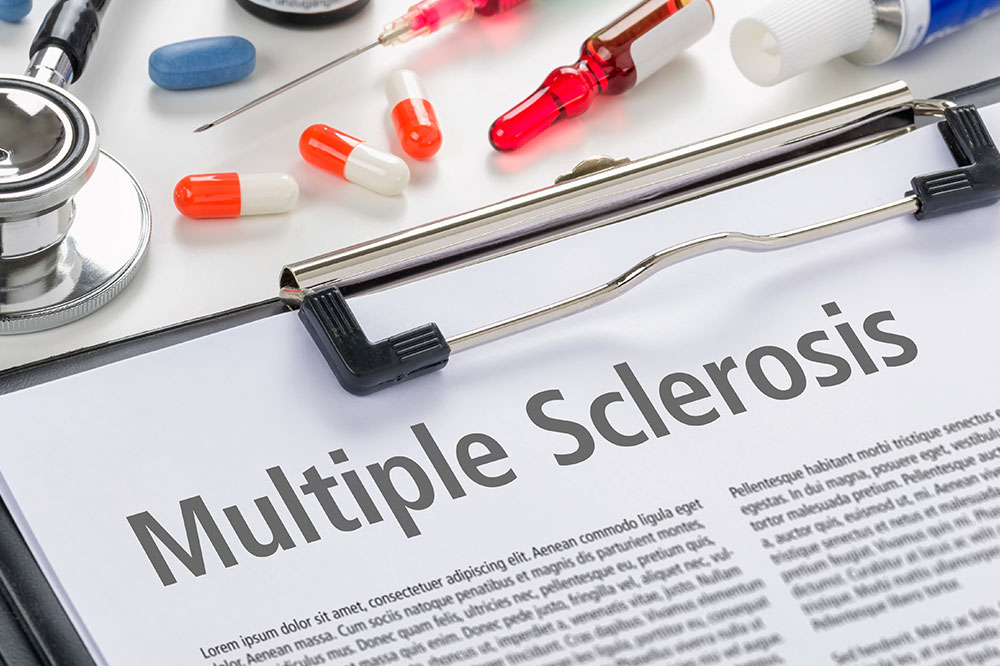
MS – Types and Risk Factors
Multiple sclerosis is an autoimmune disease that affects the central nervous system. This disorder occurs when the immune system begins to attack the healthy cells present in the body. MS adversely affects the brain, spinal cord, and eyes. According to a National Institute of Neurological Disorders and Stroke (NINDS) report, around 250,000-350,000 people have multiple sclerosis in the country. Women are more prone to the disease than men.
Types of MS
1. Clinically Isolated Syndrome (CIS)
When one experiences the first symptom of MS, it is known as a clinically isolated syndrome. Anyone with this symptom may or mayy not go on to developing MS.
2. Relapsing-remitting MS (RRMS)
In this type of MS, the old symptoms begin worsening or new ones are diagnosed. RRMS is the one of the common form of MS. Patients may experience remission after a relapse or exacerbation of symptoms.
3. Primary progressive MS (PPMS)
When a patient’s symptoms worsen, they are known to have PPMS. There is no relapse or remission between the worsening of the symptoms.
4. Secondary progressive MS (SPMS)
Patients diagnosed with RRMS often advance to SPMS but not always. Nerve damage continues to occur in SPMS. In this type of MS, the symptoms rapidly worsen. A person may experience an increase in symptoms, but there can be no remission afterward.
Risk factors
Here is a list of risk factors that may lead to multiple sclerosi:
1. Age
The onset of MS usually occurs between the ages of 20 and 40.
2. Family history
If a person has a history of multiple sclerosis, they are prone to getting it.
3. Sex
Women are two to three times more likely to have RRMS.
4. Race
Caucasians, especially Europeans, are more likely to develop multiple sclerosis. People belonging to the African, Asian, or Native American race are least likely.
5. Vitamin D
A lack of vitamin D is linked with the onset of multiple sclerosis. Individuals who do not get enough sunlight might also be at a higher risk of developing the disease.
6. Other autoimmune diseases
Those with other autoimmune diseases are more likely to develop MS. Type 1 diabetes, psoriasis, thyroid, pernicious anemia, and inflammatory bowel disease are examples of other autoimmune diseases.
7. Smoking
Smokers are more likely to develop RRMS after a clinically isolated syndrome of MS. Non-smokers have a lesser chance of developing RRMS after CIS.
8. Climate
The condition is rampant in countries with temperate climates. Canada, New Zealand, the northern part of the United States, and southeastern parts of Australia and Europe are examples of such a climate.
9. Specific infections
Epstein Bar is a virus that causes mononucleosis, which has been linked to MS. If people have this or any other such viruses, there are more likely to develop MS.
These are the types of MS and risk factors related to it.


